Receiving a diagnosis of vulvar cancer can be overwhelming and life-changing. As you navigate through its implications and treatment options, understanding the role of Supportive Therapy For Vulvar Cancer can make a significant difference in managing the journey ahead.
These therapies are designed to complement primary treatments, addressing physical, emotional, and psychological needs to enhance your overall quality of life. This guide will provide a comprehensive overview of supportive therapies available for vulvar cancer, helping you and your loved ones through this challenging time.
What is Vulvar Cancer?
Although it makes up only 5% of all cancers, vulvar cancer is the 4th most common genealogical malignancy. Forms in the vulva, the external part of the female genitalia. It most commonly affects the outer vaginal lips but can also occur on the inner lips, clitoris, and perineum. Early detection and treatment are crucial for the best outcomes.
Symptoms and Diagnosis
Signs & Symptoms
In the initial stages, for example, with vulvar intraepithelial neoplasia, most women may have no symptoms at all. Pre-cancerous stages, such as lichen sclerosis, may present with itching. Some of the more common signs and symptoms from stage 1 to stage 4 vulvar cancer are:
- Persistent itching, burning, or pain in the vulva
- Skin changes, such as changes in color or thickening
- A lump or sore that doesn’t heal
- Unusual bleeding or discharge
Diagnosis
Initial Assessment
- Medical History and Physical Examination: The doctor will ask about symptoms and personal and family medical history and conduct a thorough physical examination of the vulvar area.
Diagnostic Tests
- Biopsy: This is the definitive test for diagnosing vulvar cancer. A small sample of tissue is taken from the suspicious area and examined under a microscope to check for cancer cells.
- Imaging Tests:
- CT Scan: Provides detailed cross-sectional images and is helpful in determining whether lymph nodes are involved or not.
- MRI: MRIs also offer cross-sectional images of the body and are useful for detecting pelvic tumors and evaluating the extent of the tumor and its relation to surrounding structures. However, they are rarely used for detection in the early stages.
- PET Scan: A PET scan, often connected with a CT scan, uses a form of radioactive sugar to find cancer cells. It is a helpful test for detecting cancer that has spread to lymph nodes and other organs.
- Cystoscopy and Proctoscopy: These are procedures in which a lighted tube is inserted to visualize either the bladder or the rectum, as advanced cases of vulvar cancer can spread to these organs. Any suspicious areas are biopsied.
Staging
Staging helps in planning the appropriate treatment.
- TNM: This is an acronym for Tumor, (lymph) Node, and Metastasis. The numbers or letters after TNM provide details regarding the size of the tumor, the number of lymph nodes involved, and the involvement of distant organs.
- FIGO Staging System: The Federation of Gynecology and Obstetrics uses this system. It, too, determines the stage of the cancer based on tumor size, depth of invasion, and whether it has spread to lymph nodes or other parts of the body.
Supportive care helps to meet the physical, practical, emotional, and spiritual challenges that patients and their caregivers face during and after cancer treatment.
Benefits of Receiving Supportive Care Before and During Treatment
- Symptom Management
- Emotional Support
- Nutritional Guidance
- Physical Rehabilitation
- Fertility Counseling & Management
- Practical Assistance
- Financial Counseling
Benefits of Receiving Supportive Therapy For Vulvar Cancer in the Survivorship Phase
- Lymphedema Management
- Pelvic Floor Rehabilitation
- Psychological Support
- Nutritional Guidance
- Body-Image and Self-Esteem Support
- Monitoring & Follow-up Care
Types of Supportive Therapies for Vulvar Cancer
Pain Management
- Medications: Pain relief is often achieved through medications prescribed by your healthcare team.
- Physical Therapy: Helps maintain mobility and reduce pain through targeted exercises.
- Complementary Therapies: Acupuncture and massage therapy can also be beneficial in pain management.
Nutritional Support
- Diet Modifications: Eating a balanced diet tailored to your needs can help you stay strong during treatment.
- Supplements: Vitamins and supplements might be recommended to address deficiencies and support overall health.
- Managing Treatment-Related Appetite Changes: Offers tips and strategies to deal with nausea, loss of appetite, and other eating difficulties, helping patients maintain proper nutrition and overall health during and after cancer treatment.
Psychological Support
- Counseling and Therapy: Professional counseling can help you navigate the emotional landscape of cancer diagnosis and treatment.
- Support Groups: Connecting with others who understand your experience can provide comfort and shared coping strategies.
- Mindfulness and Stress Reduction Techniques: Practices like meditation and mindfulness can help reduce anxiety and improve mental well-being.
Skin Care
- Provides specific skincare routines to manage the side effects of radiation therapy, reducing discomfort and promoting healing of the affected skin.
- Gentle Skincare Routines: These routines focus on using mild, non-irritating products to protect and heal your skin, minimizing irritation and promoting recovery.
- Recommended Products: This section offers suggestions for products that are safe and effective for sensitive skin during treatment, ensuring optimal care and comfort.
Psychological Impact of Vulvar Cancer
Common Emotional Reactions to Diagnosis and Treatment
It’s common to experience a range of emotions, from shock and fear to sadness and anger. Understanding these reactions is the first step in managing them effectively.
Long-Term Psychological Effects
Even after treatment, the psychological impact of cancer can persist. Ongoing support and therapy can help in adjusting to life after cancer.
Types of Psychological Support
Individual Therapy
- Benefits of One-on-One Counseling: Personalized attention to your specific emotional needs.
- Types of Therapy: Cognitive Behavioral Therapy (CBT), mindfulness-based therapy, and other approaches can be tailored to your situation.
Support Groups
- Finding the Right Support Group: Tips for locating groups that fit your needs, whether in person or online.
- Benefits of Sharing Experiences with Others: The camaraderie and understanding found in support groups can be immensely comforting.
Family and Caregiver Support
- Involving Family in the Care Process: Encouraging family members to be part of your support system.
- Support Resources for Caregivers: Resources and strategies for those caring for someone with vulvar cancer.
Mind-Body Techniques
- Meditation and Mindfulness: Techniques to help you stay present and reduce stress.
- Yoga and Relaxation Exercises: Physical activities that promote relaxation and emotional balance.
Who Treats Vulvar Cancer?
Gynecologic Oncologist: Specializes in cancers of the female reproductive system, performing surgeries and overseeing treatment plans.
Medical Oncologist: Manages cancer treatment with medications such as chemotherapy, targeted therapy, and immunotherapy.
Radiation Oncologist: Administers radiation therapy to target and destroy cancer cells while preserving healthy tissue.
Surgical Oncologist: Performs surgeries to remove tumors and cancerous tissue.
Diagnostic Team
Pathologist: Analyzes biopsy samples to confirm the presence and type of cancer.
Radiologist: Interprets imaging studies to diagnose, stage, and monitor cancer.
Nursing and Care Coordination
Oncology Nurse: Provides education, administers treatments, and offers emotional support.
Nurse Navigator: Coordinates care, appointments, and access to resources.
Supportive Care Team
Dietitian/Nutritionist: Guides nutritional needs and dietary adjustments during and after treatment.
Social Worker: Offers emotional, social, and financial support, connecting patients to resources and counseling.
Physical Therapist: Helps maintain or regain physical function and mobility through tailored exercise programs.
Psychologist/Psychiatrist: Provides mental health support through counseling and therapy.
Palliative Care Specialist: Focuses on symptom management and improving quality of life.
Integrative Medicine Specialist: Uses complementary therapies like acupuncture and mindfulness to manage side effects and enhance well-being.
Supportive Care Specialists: This group includes pain specialists, rehabilitation therapists, and patient advocate who provide personalized guidance and support to help patients navigate their cancer journey and improve overall well-being.
Navigating Vulvar Cancer Therapy?
Facing vulvar cancer and seeking expert support? Get personalized care from a dedicated specialist.
Contact Madhavi Parikh for a Free Consultation Today!
Conclusion
Supportive therapy for vulvar cancer is a crucial component of the overall treatment plan for vulvar cancer. They help manage physical symptoms, provide emotional support, and enhance the quality of life during and after treatment. By exploring the various supportive therapies available, you can find the right combination to help you through this challenging journey.
FAQ
What are the survival rates of vulvar cancer?
The survival rates for vulvar cancer vary depending on factors like stage and treatment. Early detection and treatment can significantly improve outcomes.
What are some of the treatment options for vulvar cancer?
The best treatment depends on the stage and type of vulvar cancer. It often involves surgery, radiation, chemotherapy, or a combination of these approaches.
What are some skincare recommendations for patients undergoing radiation therapy for vulvar cancer?
Patients undergoing radiation therapy for vulvar cancer are advised to use gentle, non-irritating skincare products, keep the treated area clean and dry, and avoid tight clothing that may cause friction. Consulting with a healthcare provider for personalized skincare recommendations is also beneficial.
What role does a clinical cancer coach play in vulvar cancer care?
A clinical cancer coach provides personalized guidance and support throughout the cancer journey. They help patients understand their treatment options, manage side effects, and navigate emotional and practical challenges. They aim to improve overall well-being and quality of life.


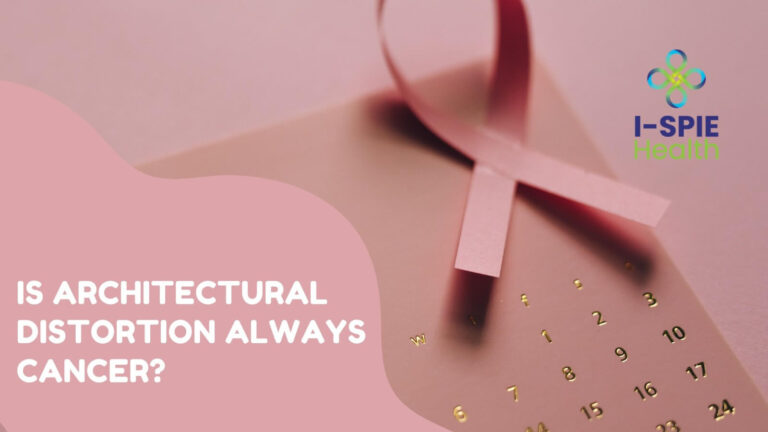
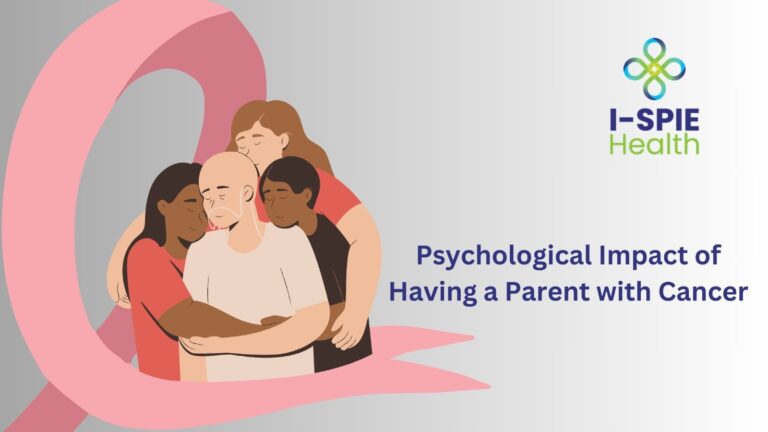

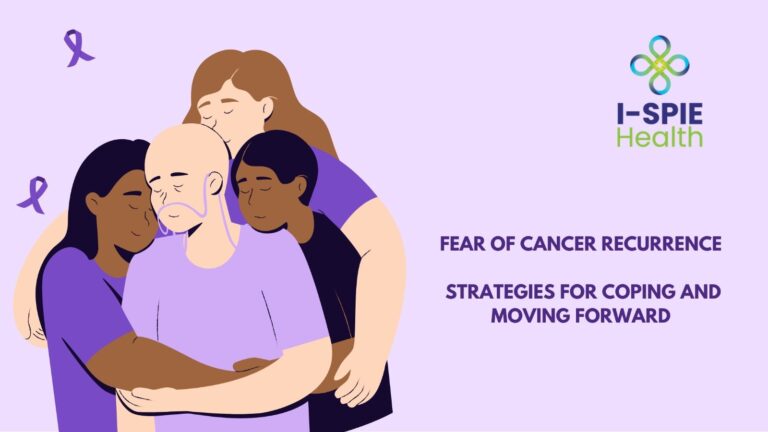
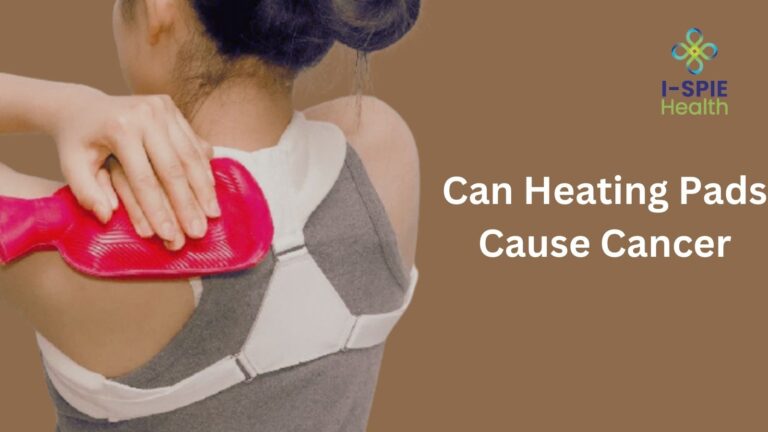
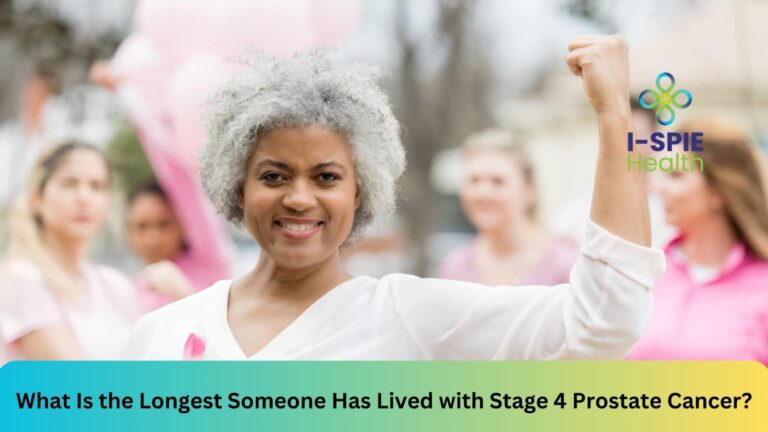
One Comment